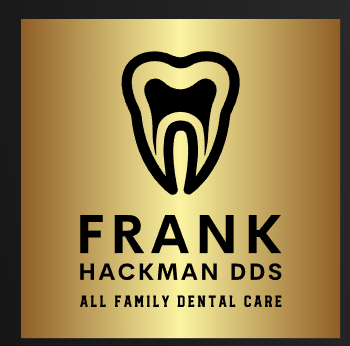When it comes to dental care emergencies, quick treatment is essential. Unfortunately, many people are unaware of the importance of emergency dental care and how it differs from general dental care. This article will explain all you need to know about emergency dental care so you can be prepared in the event of a dental emergency.
First off, what is considered a dental emergency? Any situation that requires immediate attention from a dentist or an oral surgeon is considered a dental emergency. For example, if you have severe toothache, an injury to your mouth or jaw, or swelling around the gums then this constitutes an emergency and should be seen by a professional immediately. Other examples include sudden loss of a tooth or filling, broken braces, and abscessed teeth.
The first step in handling any kind of dental emergency is seeking immediate help from the professionals. If possible, contact the nearest 24-hour dentist or emergency room for assistance. While waiting for professional help, there are some measures that can be taken at home to alleviate pain and discomfort associated with certain types of dental emergencies such as toothaches and gum problems:
Brush your teeth gently but thoroughly every morning and night
Use over-the-counter pain relievers such as ibuprofen or acetaminophen
Rinse your mouth with warm salt water three times daily
Applying cold compresses near the affected area can help reduce swelling
Avoid consuming food and drinks that are too hot or too cold
However, it’s important to note that these measures should only be used until medical advice is received from a qualified healthcare provider since they may not solve the underlying problem and could even exacerbate existing issues if used improperly.
Once professional help has been sought and provided, additional steps can be taken at home to ensure optimal aftercare following an emergency visit:
Take prescribed antibiotics strictly as directed by your dentist
Follow up on scheduled appointments with your dentist
If instructed by your doctor use medicated rinses twice per day (morning and night)
Eat soft foods such as yogurt, mashed potatoes etc., during recovery period
Refrain from grinding/clenching teeth
Additionally, proper oral hygiene habits such as daily brushing (twice for two minutes) flossing (at least once per day), rinsing with fluoride mouthwash (if prescribed), avoiding smoking tobacco products among others should be incorporated into one’s daily routine for preventive maintenance of good oral health .These practices along with regular checkups from your dentist are key components in preventing further development of more serious conditions down the road which often require costly treatments .
In conclusion ,emergency dental care can range from simple procedures like filling cavities or extracting teeth ,to more complex ones like root canal therapy or crown placements .In cases where there’s extreme pain ,swelling ,or other red flags that something’s wrong , seek help right away without delay as fixing small problems today will prevent larger ones tomorrow . Therefore being informed about proper course of actions when facing an urgent oral situation will help minimize chances of complications while making sure timely treatment is administered .




